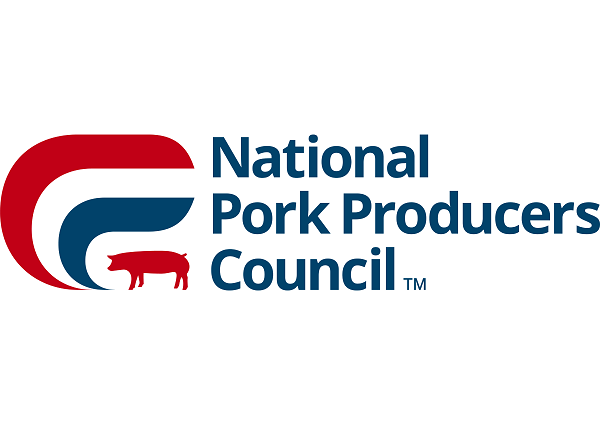

In the latest update from the National Pork Producers Council (NPPC), several key developments underscore the organization’s stance on trade policies and their impact on the pork industry.
NPPC emphasized the crucial role of Free Trade Agreements (FTAs) in enhancing supply chain resilience in its comments submitted to the Office of the U.S. Trade Representative (USTR). The submission was part of a broader discussion on strategies to bolster U.S. supply chain resilience in trade negotiations and enforcement efforts.
Highlighting past trade and investment policies, USTR acknowledged vulnerabilities in global supply chains, citing shifts in production to countries with less stringent regulations. While the Biden administration has prioritized labor, environmental, and governance issues in trade discussions, NPPC stressed the importance of market access issues, particularly through FTAs.
NPPC’s stance asserts that abandoning past trade policies could result in long-term economic damage to the U.S. agricultural sector and broader economy. The organization urged USTR to reconsider its approach and recognize FTAs as indispensable tools for enhancing U.S. agricultural competitiveness and supply chain resilience.
Moreover, NPPC argued that FTAs foster collaboration among participating countries, promoting the sharing of best practices and resources related to supply chain management. The certainty of long-term market access provided by such agreements incentivizes private sector investment in resilient and diversified supply chains.
The significance of U.S. agricultural trade cannot be understated, with exports playing a vital role in supporting American farmers and the overall economy. Agricultural exports, particularly to countries with FTAs, have witnessed substantial growth over the past four decades, underscoring the importance of maintaining and expanding such trade agreements.
In summary, NPPC’s advocacy for FTAs reflects a broader commitment to bolstering supply chain resilience and ensuring the continued competitiveness of the U.S. pork industry in the global market landscape.




